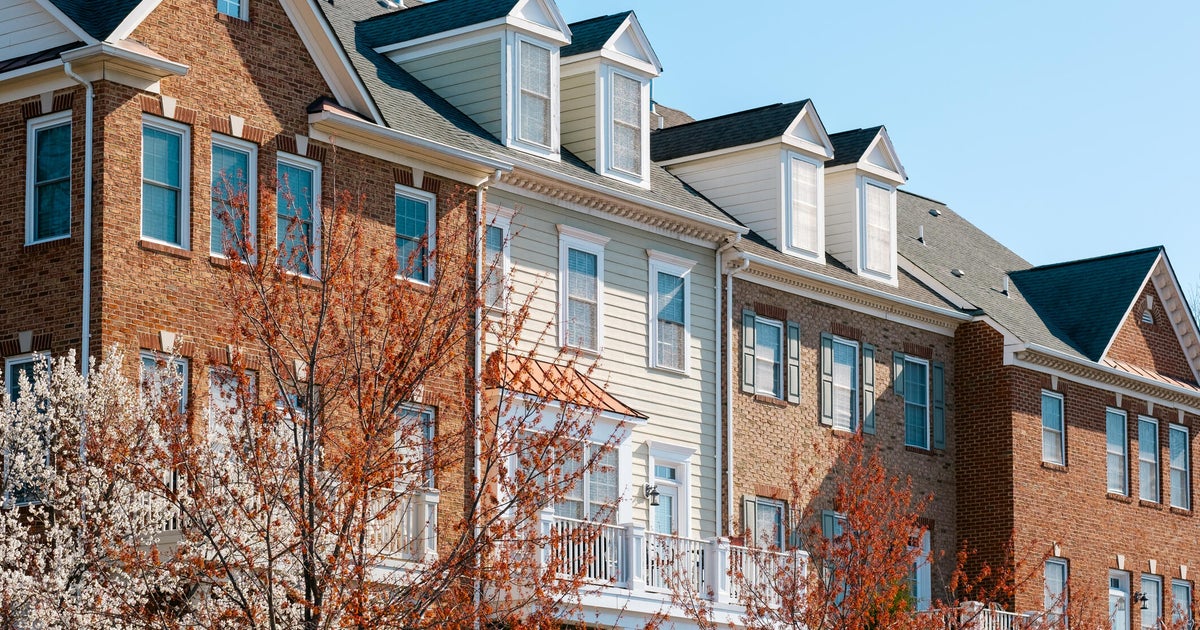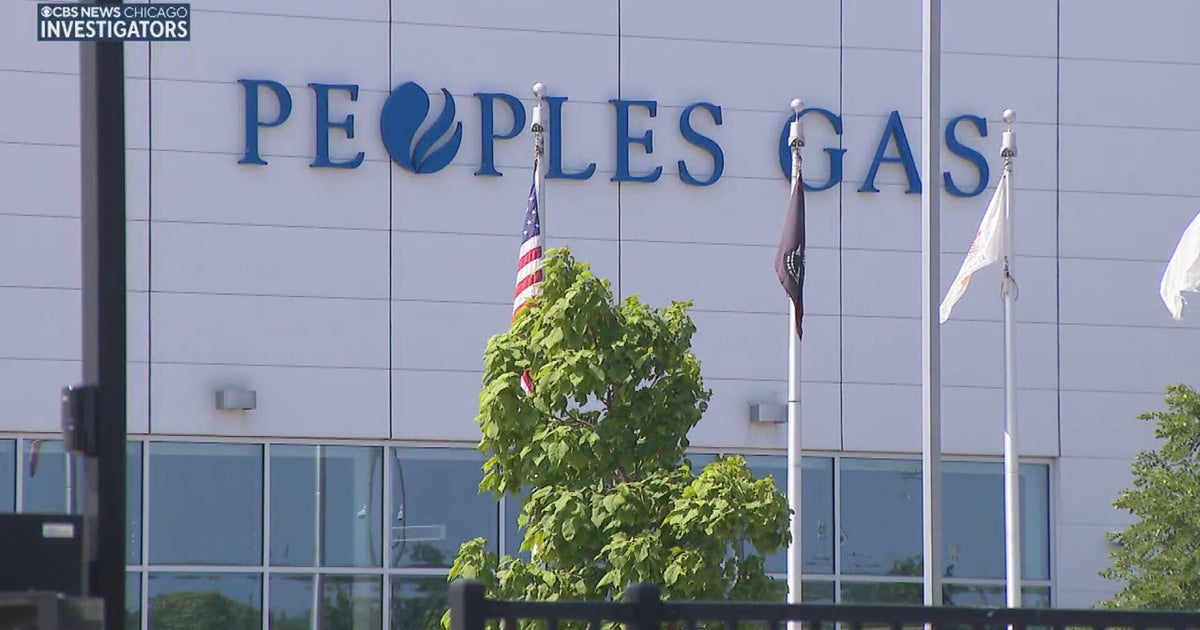Inflation's up again. Here's what it could mean for mortgage interest rates.
After a promising few months of cooling inflation, new data shows that inflation has once again ticked up. In October, U.S. inflation rose by 2.6% on an annual basis, a slight increase from the 2.4% rate reported in September. This uptick underscores the challenges facing the Federal Reserve, which began easing interest rates in September in response to declining price pressures and signs of a weaker labor market. The Fed slashed its benchmark rate by 0.5 percentage points in September, which marked a notable shift in policy. That was followed by a smaller rate cut in October.
However, this new modest increase in inflation indicates that the road to achieving the Federal Reserve's target of a 2% annual inflation rate might not be as straightforward as many had hoped. It also means that the Fed could shift its interest rate policy as part of the balancing act between encouraging growth and controlling inflation. And that, in turn, could have a big impact on borrowing costs, like the amount of interest you pay on a personal loan or when buying a home.
So, if you're planning to buy a home soon or are thinking about refinancing, you may be wondering how this new uptick in inflation could impact mortgage interest rates. Below, we'll break down what this new rise in inflation could mean for mortgage rates.
Lock in a mortgage rate before it rises again here.
What the inflation rise could mean for mortgage rates
Mortgage rates have been dropping overall over the last few months. Right now, the average mortgage rate is sitting at 6.89% — significantly lower than the above-8% rates we saw in late 2023. But with this new increase in inflation, mortgage interest rates may not stay there for much longer.
For starters, when inflation rises, lenders typically demand higher interest rates to ensure their returns outpace inflation. After all, inflation erodes purchasing power over time, meaning that the same amount of money buys less. So when inflation expectations increase, lenders tend to raise rates to offset the potential loss in future value. That, in turn, could lead to an uptick in mortgage rates in the coming days or weeks — especially if lenders expect the inflation uptick to continue.
This uptick might also cause the Federal Reserve to reconsider its schedule of interest rate cuts — which could also have an impact on where mortgage rates head. While the Fed doesn't directly set mortgage rates, its policies significantly influence them. If the central bank decides to pause its rate-cutting campaign in response to this elevated inflation, mortgage rates could remain at their current levels or potentially increase further.
In addition, markets often react to inflation data by adjusting their expectations for future Fed policy. If investors believe the Fed will maintain higher rates for longer due to this uptick in inflation, it could push up yields on government securities, particularly the 10-year Treasury note, which serves as a benchmark for mortgage rates. As a result, mortgage lenders might need to adjust their rates upward to maintain their profit margins.
Find out how affordable a mortgage loan could be today.
Should I lock in a mortgage rate now?
Given the recent rise in inflation, locking in a mortgage rate now could be a smart financial move. By locking in a rate, borrowers can secure their monthly payments against future rate increases, effectively shielding themselves from potential hikes. After all, mortgage rates are influenced by a combination of economic factors, including the Fed's policies, lender expectations and inflationary pressures, making it challenging to predict whether they will stabilize or rise in the near term. With inflation edging up and uncertainty in the Fed's next steps, locking in a rate could offer valuable peace of mind.
A rate lock essentially freezes your mortgage rate for a specific period, usually between 30 to 60 days. During that time, even if mortgage rates increase due to inflation or other economic factors, your rate remains unchanged. For homebuyers or refinancers nearing the end of their loan process, this can protect against sudden rate hikes. Given the current economic conditions, locking in a rate now could be particularly beneficial, as inflation appears to be on a bumpy road to stabilization.
Another advantage of locking in a mortgage rate now is the potential for savings if inflation continues to drive rates higher. Waiting for rates to drop further could backfire if inflation persists, prompting lenders to either increase or maintain higher rates. In times of economic uncertainty, a rate lock can be a valuable tool, offering stability in an otherwise volatile financial environment. So while some borrowers might hope for lower rates if the Fed resumes its rate-cutting efforts, those with an immediate need for financing might find that securing a rate now helps manage their financial risk.
The bottom line
The recent rise in inflation has created new questions about the future of mortgage rates and the direction of the Fed's policies. For borrowers, this means making a decision: Take advantage of current mortgage rates with a rate lock, or hold out in hopes of lower rates if inflation eventually cools again. While predicting the exact movements of mortgage rates is challenging, especially with inflationary pressures in play, those looking to secure financing may find that locking in a rate now provides valuable stability in an unpredictable market.




